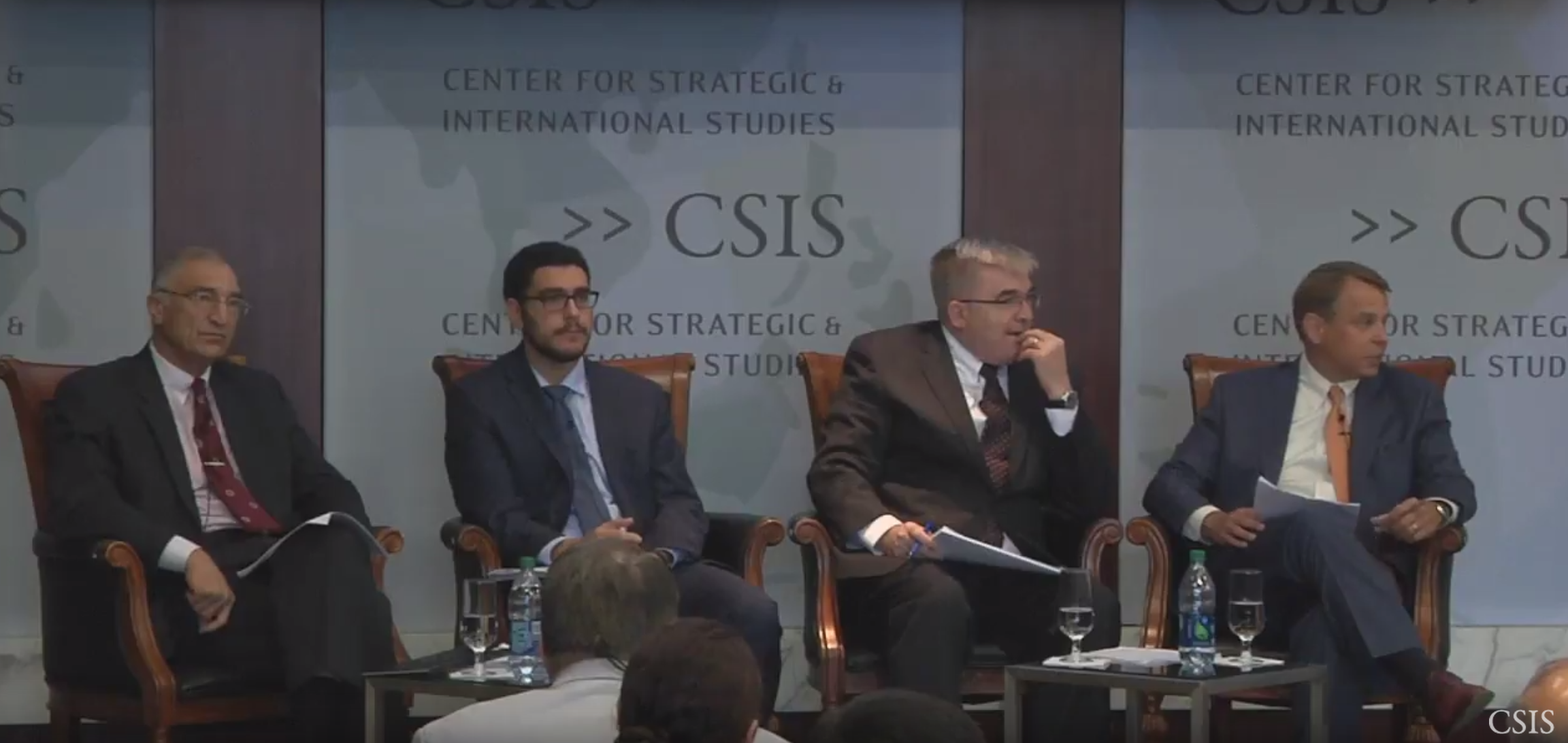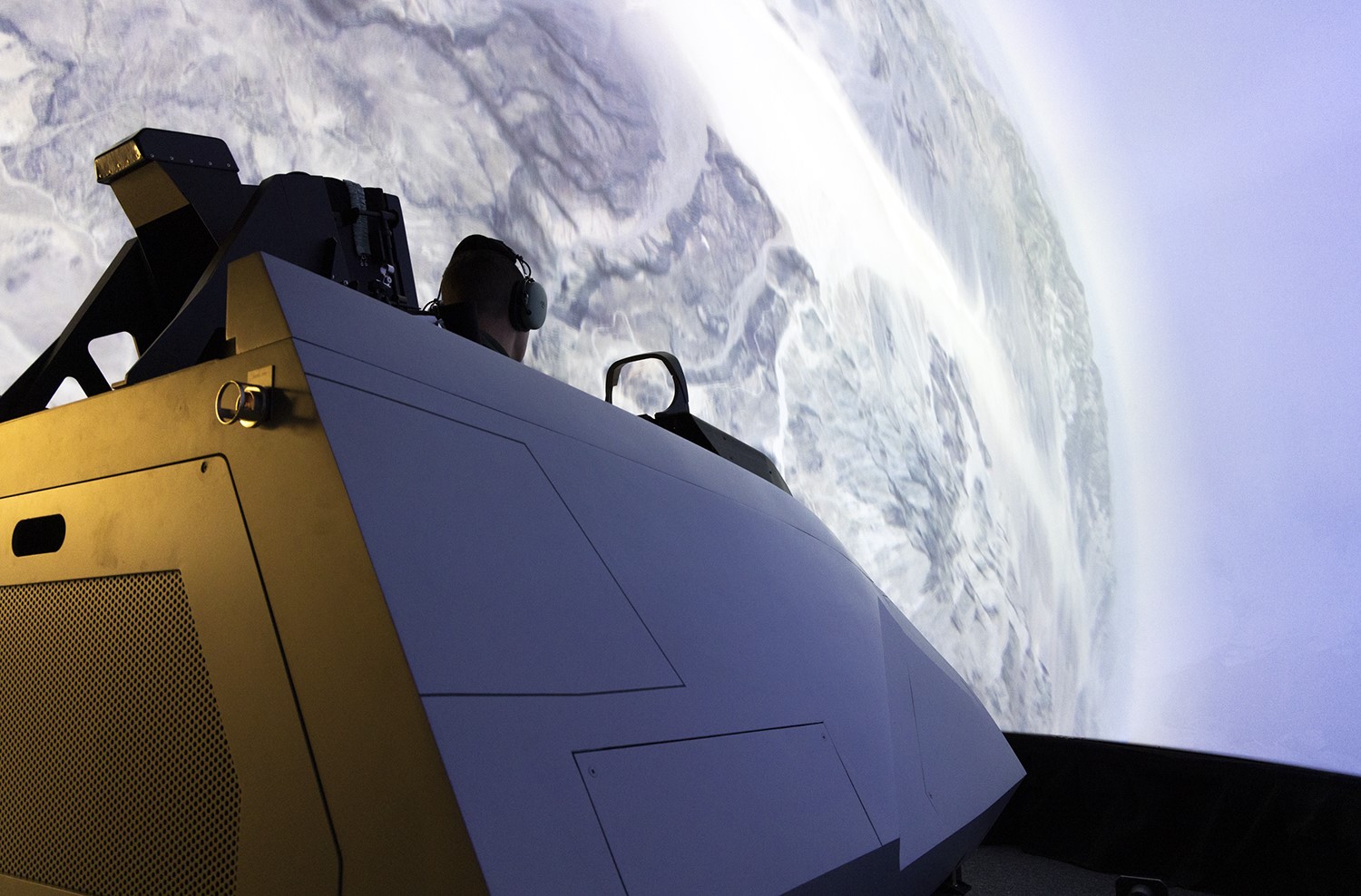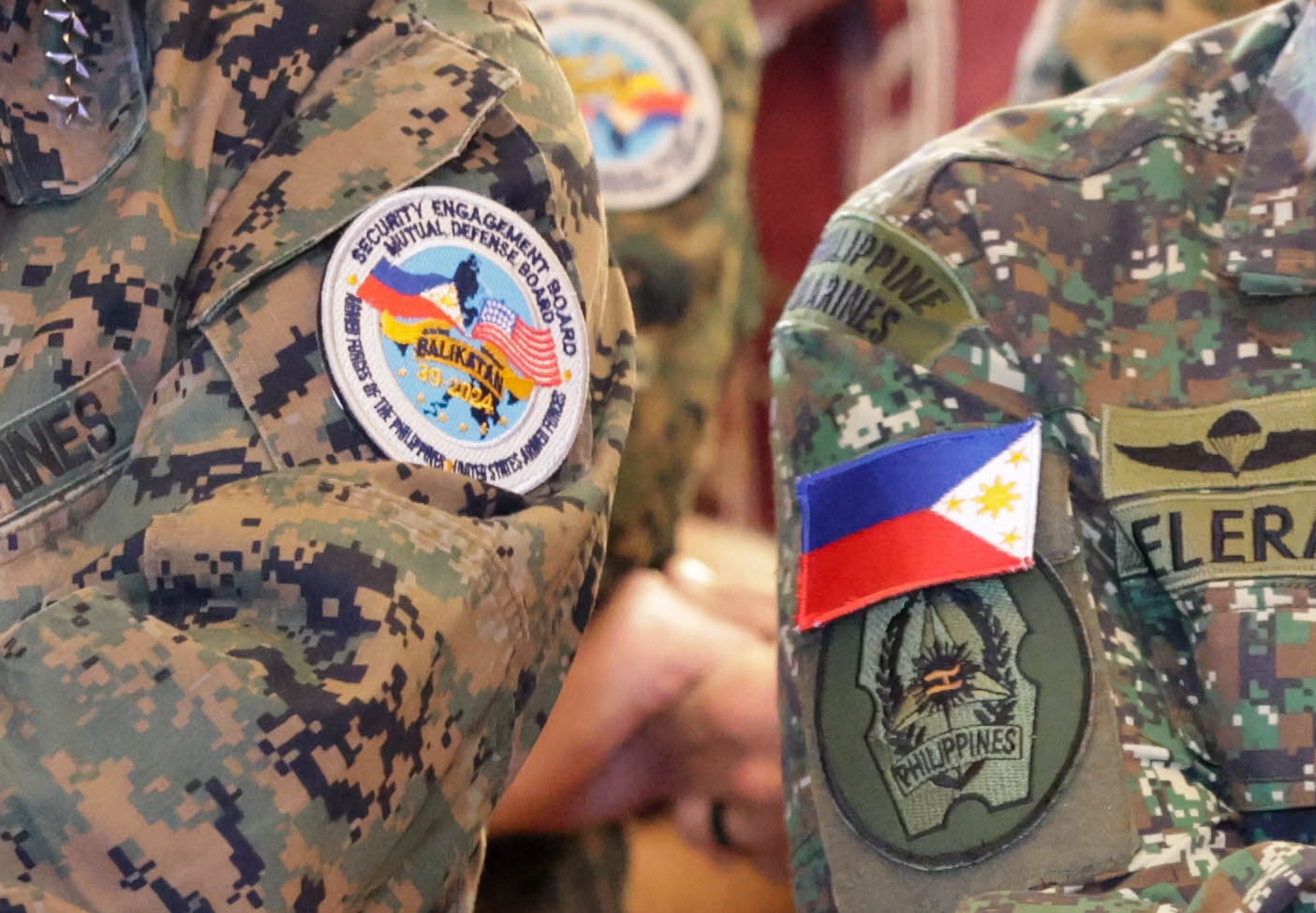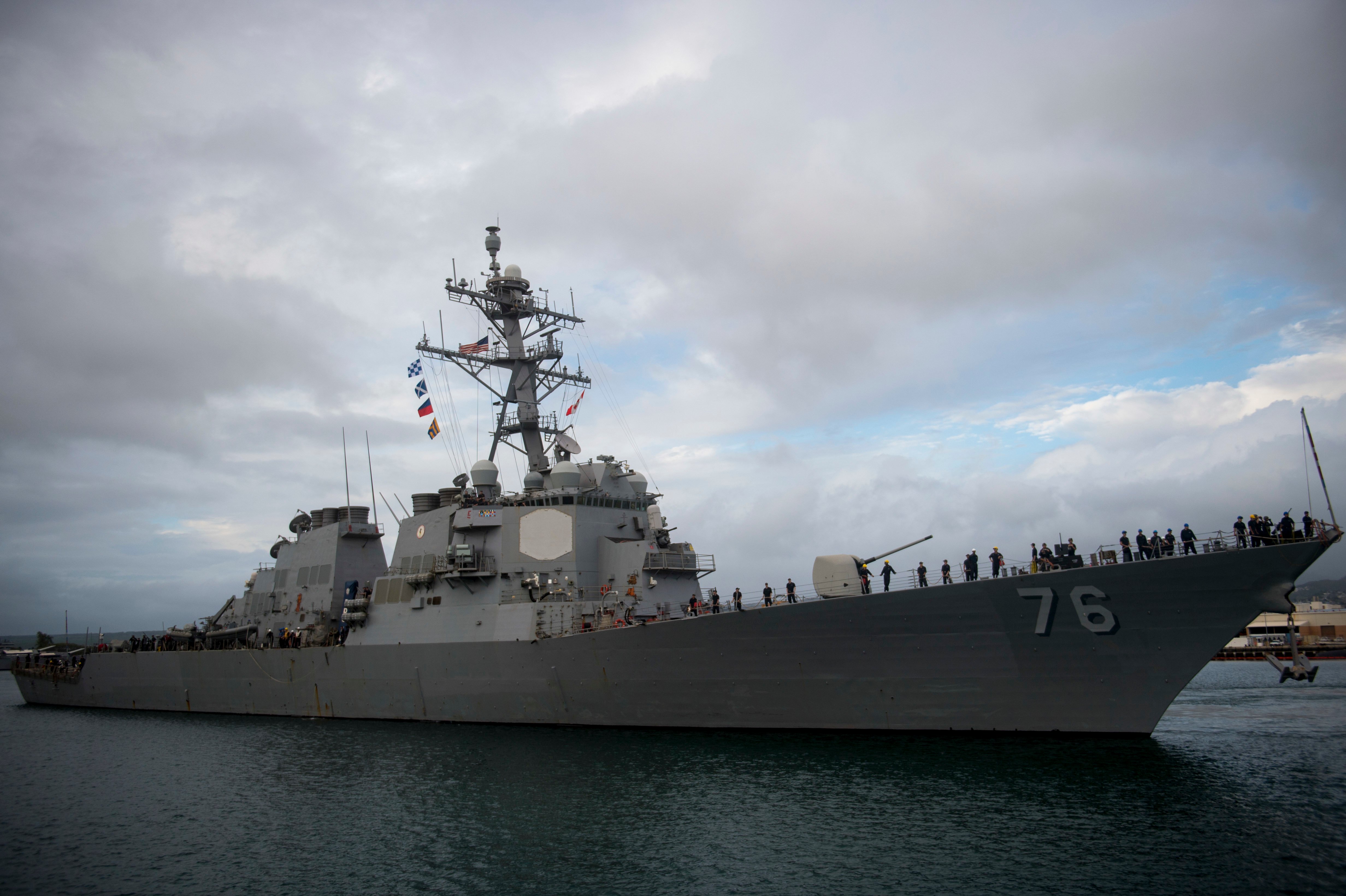
The United States is on the cusp of a major debate in both political parties over the country’s role in the world, but so far the presidential candidates have not made clear their own priorities in a time when defense spending is unlikely to grow, a panel of national security experts agreed Tuesday.
Jim Thomas, a distinguished senior fellow at the Center for Strategic and Budgetary Assessment, said today at the Center for Strategic and International Studies that “there’s always going to be hard limits as to how far [an incoming president] can go” in changing national security strategy – debt payments, rising entitlement costs, treaty constraints, a balky Congress and evolving international challenges.
Since the financial crisis of 2008 has affected allies, partners and potential adversaries in a host of ways, “we have no choice but to continue to lead.”
“Allies are more inwardly focused” at a time when the “the character of war is changing” to include cyber operations, gray zone conflicts like Russia’s disruption of communications in Estonia, and China’s and Russia’s nuclear modernization programs. In some circles, there is a growing belief that the United States needs to enter a time of retrenchment from commitments abroad.
Thomas said the new strategy should acknowledge “we simply cannot be everywhere at once,” but it should still be built on deterrence.
He suggested a back-to-basics approach of power projection, maintaining the edge in global surveillance and strike, modernizing forces, and re-thinking expeditionary warfare – to include a new emphasis on forward basing and land-based fires.
Thomas included in the “back-to-basics” a new examination of the services’ roles and missions, the idea of the all-volunteer force, a new command structure that crosses domains and geography, and alliances.
Alex Ward, associate director of the Brent Scowcroft Center on International Security at the Atlantic Council, said Republican nominee Donald “Trump would increase military spending for a military he doesn’t want to use.” Hillary Clinton, who will receive the Democratic nomination Thursday, also wants to increase military spending and would probably want to use the military more frequently but would likely be held back by opposition in her own party and Congress.
He summed up Trump’s position as “not America first” but rather “America alone.”
“We’ve seen this before,” and this stance “is not necessarily an isolationist view,” Ward continued. Clinton, on the other hand, has “a clear track record of multilateralism” in supporting NATO, operating in Libya and disliking Russia, he said.
In a way, Ward said, Trump may use military force “in an Obama-like way,” and Clinton “a bit more out there” for military intervention such as establishing a no-fly zone in Syria.
Frank Hoffman, a senior research fellow at the National Defense University, said Trump more likely is following a “Money Ball” approach to national security. “It’s a transactional strategy” done “case by case, it’s negotiated” – with trade deals and U.S. protection for allies all up for negotiation.
“It’s a much more unilateral thing” than Clinton’s reliance on allies and partners, he said.
“Congress remains more of a barrier than an accelerator of change” in strategy, acquisition and personnel reform, Hoffman said in response to a question. “Mr. Trump has some learning to do” about Congress’ role in dropping out of treaty commitments, nuclear modernization and overall defense spending.
In contrast to Trump’s statements that allies have not contributed sufficiently to world security, Thomas said that allies did respond to the U.S. requests to join the fight against the Taliban in Afghanistan and Saddam Hussein in Iraq. The allies were wrong, though, in believing that gave them political capital in expecting the United States to cover an increased share of their own defense costs.
“Everybody [in NATO] now gets the message” that they need to spend more on their own defense after the Russian seizure of Crimea and backing of Ukrainian separatists, he said.





